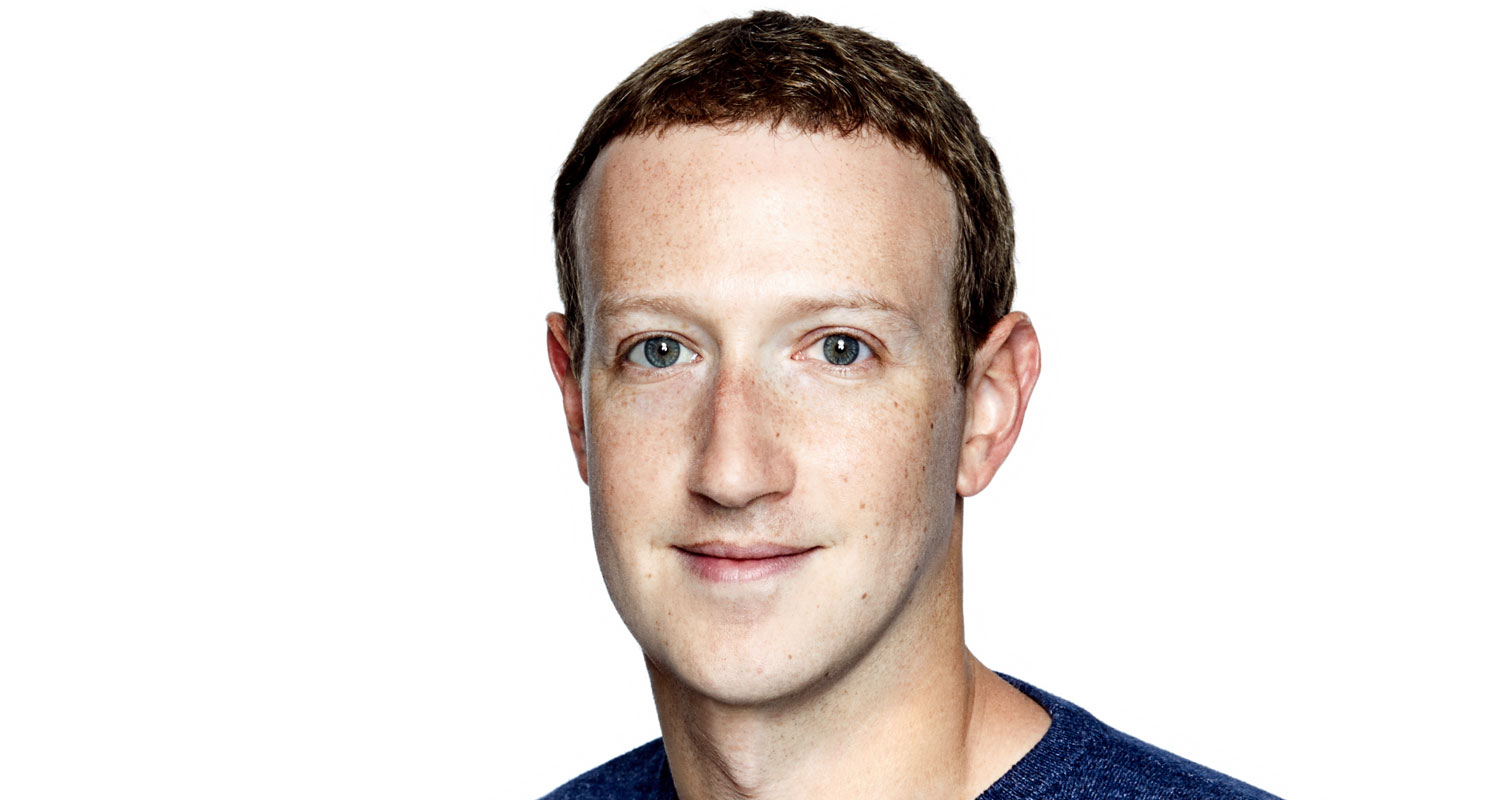
The chatbot battle is heating up, and Mark Zuckerberg is making it clear that Meta Platforms is focusing on artificial intelligence-powered tools, too.
“We’re creating a new top-level product group at Meta focused on generative AI to turbocharge our work in this area,” Meta CEO Zuckerberg said Monday in a post on Instagram. “We have a lot of foundational work to do before getting to the really futuristic experiences, but I’m excited about all the new things we’ll build along the way.”
For now, he said, the company is trying to use the technology with text-like chats in Meta’s messaging apps WhatsApp and Messenger, and on visual filters for photos and videos on platforms like Instagram. “We’ll focus on developing AI personas that can help people in a variety of ways,” he added.
Earlier on Monday, social networking rival Snap said it’s releasing an AI-enabled chatbot powered by OpenAI’s GPT technology for its subscription members on the Snapchat app. Snap’s news was the latest entry in the race to offer digital tools that can answer users’ questions in natural language format, following similar test releases from Internet heavyweights like Microsoft and Google.
The newly formed Meta product group will include dozens of employees from teams that were previously scattered throughout the company. The group will be led by Ahmad Al-Dahle, a machine learning and artificial intelligence executive at Meta, according to a spokesman. Al-Dahle will report directly to Meta chief product officer Chris Cox, a sign of the social media giant’s intention to further integrate this type of technology across Meta’s range of products.
Zuckerberg’s latest post echoes comments he made on Meta’s earnings call earlier this month — that the company is focused on infusing AI into messaging, the advertising business and its algorithm that decides what content people see on Facebook and Instagram. “We are focused on efficiency and continuing to streamline the company as we can execute these priorities,” he said at the time, just months after firing 13% of Meta’s workforce.
Read: Zuckerberg pulls Meta back from the brink
And last week, the CEO unveiled a large language model called LLaMA, a research tool for building AI-based chatbots and other products. The company plans to make the technology available to AI researchers, a decision that will allow outsiders to see more clearly how the system works, tweak it to their needs and collaborate on related projects. — Alex Barinka, with Kurt Wagner, (c) 2023 Bloomberg LP




